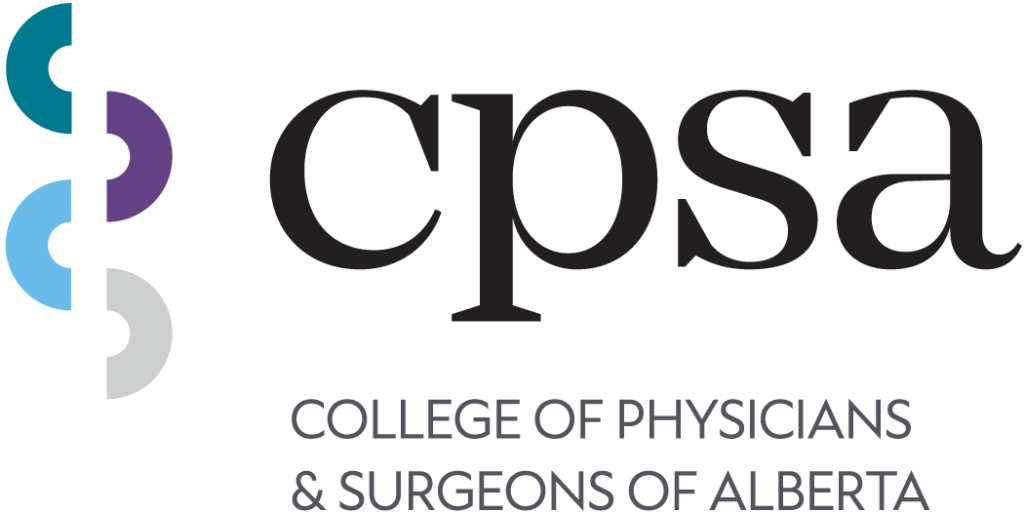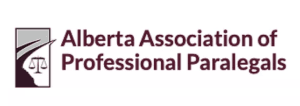Build the skills to bring stakeholders together to find creative solutions to complex problems.
Consensus Decision Making is a way of reaching agreement between all members of a group.
Instead of simply voting for an item and having majority rule, a group commits to finding solutions that everyone actively supports, or at least can live with.
Facilitators are responsible for moving through the agenda on time, ensuring the group adheres to the mutually agreed-upon consensus process, and, if necessary, suggesting alternate or additional discussion or decision-making techniques, such as go-arounds, break-out groups or role-playing.
Who Should Take This Course?
- All those who are currently involved in or may be involved in multi-party consultation processes as a stakeholder.
- People new to the consensus process or other forms of collaborative decision making.
- People who want to learn the skills necessary for participating effectively in a consensus process who may want to go on and learn how to manage or lead consensus processes.
- Oil & Gas representatives who actively engage with citizen groups
- NGOs seeking to build collaborative relationships with other NGOs (specifically Board members and Executive Directors)
- Land Use Planners
- Professionals whose work focuses on public engagement
- Government regulators whose work requires them to consult and collaborate with industry and the public
- Forestry representatives who are involved in developing forestry management agreements
What Will I Learn and What Skills Will I Gain?
This course builds on the skills learned in Communications in ADR and takes an in-depth look at the theory, model, and skills of consensus decision making.
- Complete an internal and external assessment to conclude if a consensus-building process is feasible and what prerequisites might be required
- Explore the Five Stage Model of CDM in-depth and practice implementing the model in role-play
- Explore how the Five Stage Model of CDM is used to increase the participant’s ability to make more informed decisions and to achieve ‘win-win’ solutions
- Gain an understanding of CDM and how this process may be similar or different from that of other decision-making processes
- Gain an understanding of the connection between consensus building, and consensus decision-making
- Gain an understanding of the terms used within CDM
- Identify the requirements of a successful CDM process
- Recognize the benefits of CDM and the myths and challenges associated with CDM
- Understand and experience the components of what is required to convene a multiparty consensus decision-making process
- Understand and implement the procedural conditions necessary for a consensus-building exercise
- Understand how to respond to participants’ resistance to participate
- Understand the various perspectives and approaches to the evaluation of consensus-building processes
NOTE: The CDM course is predominantly, though not exclusively, for students who do not plan on pursuing mediation as a practice. Individuals looking to become a mediator specializing in multi-party mediations should follow the mediation training stream by taking National Introductory Mediation and the Multi-Party Mediation specialized training course.
What Can I Expect in Class?
This course will be presented online over 9, 3.5 hour sessions. In order to participate in this format, students must be available during session times listed without distraction. In addition, students require a strong internet connection, a computer with a webcam, and a microphone.
In addition to the group sessions, students will have approximately 2-3 hours of reading and homework per week to prep for the group sessions and role-play, as well as one paper for completion prior to the end of the course (approx. 6 hours)
Once you have signed the confidentiality agreement, the materials will be sent to you, and you will also be given access to the course web page on adralberta.com. You can read the manual, and begin the coursework for the first group session.
What Are the Pre-Requisites?
None. However, it is strongly recommended that students complete Communications in ADR before starting this part of the certificate program in order to fully benefit from the course.
What Are the Costs & Other Details?
The fee for this course is $2100 plus GST for members, or $2100 for Non-Members. Your organization may be eligible for the Canada-Alberta Job Grant. Full attendance is required to receive a certificate of course completion.
Instructors:
Bill Diepeveen has over 25 years of experience in mediating and facilitating highly complex, and often politically charged, disputes. He brings extensive experience dealing with industry, citizen groups, governments, and NGOs, as well as twenty years of experience in teaching. He has written extensively on the subject and was awarded the Lionel J. McGowan award by the ADR Institute of Canada for outstanding leadership in the field of conflict resolution.
Michael Scheidl is the Manager of Intermunicipal Relations with Alberta Municipal Affairs and manages the Municipal Dispute Resolution Initiative which has been recognized as one of the most comprehensive municipal dispute resolution programs in North America and provides a spectrum of services from mediation, collaboration and education to help municipalities work better together and resolve conflict. Michael is an instructor with Alternative Dispute Resolution Institute of Alberta and has extensive experience in organizational development with non-profit groups through his work with Alberta Community Development. Michael also has a certificate in Conflict Management and is a Chartered Mediator.
Where Can I Go from Here?
Students must complete both the Communications in ADR and the Consensus Decision-Making courses in order to complete the requirements for the Certificate in Consensus Decision-Making.











